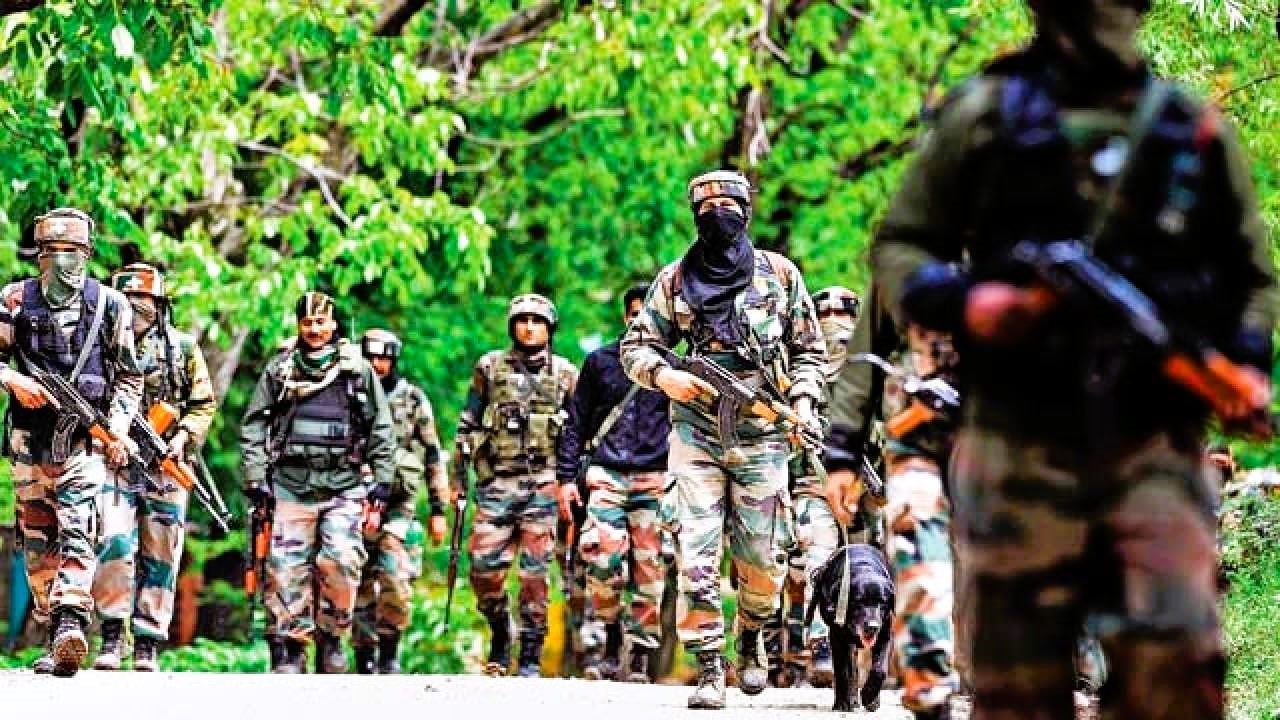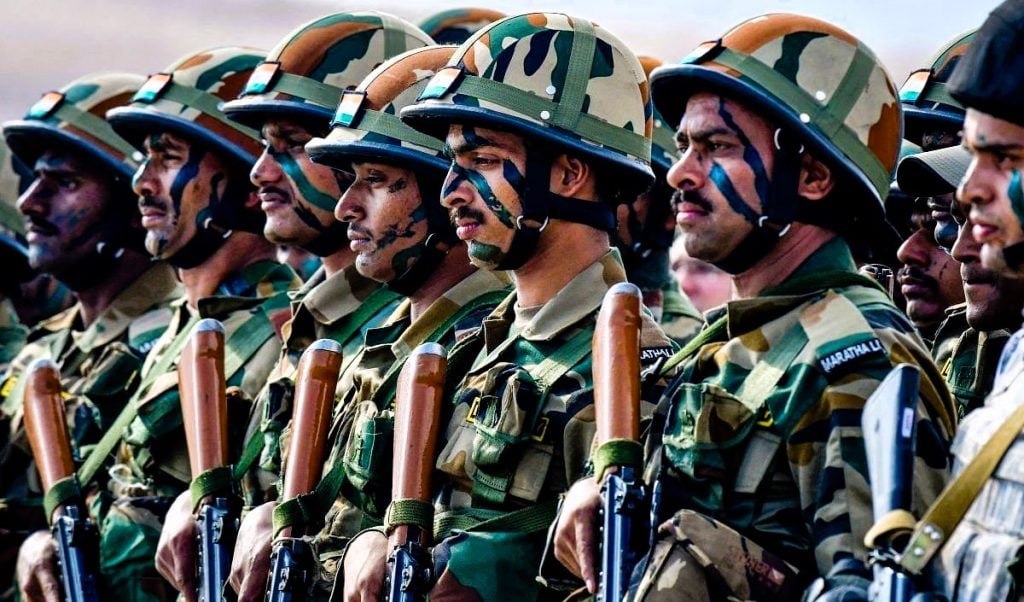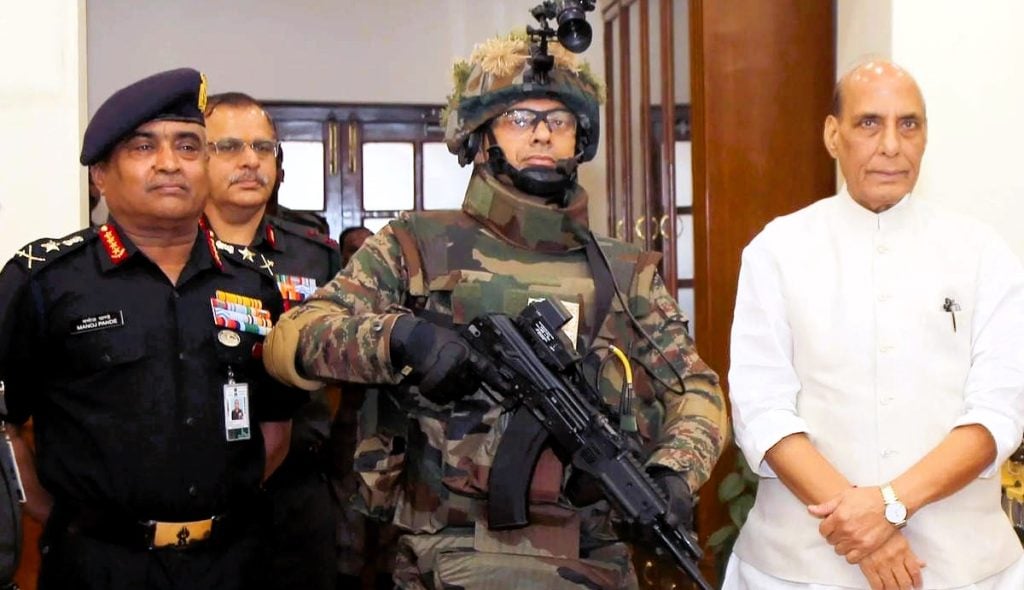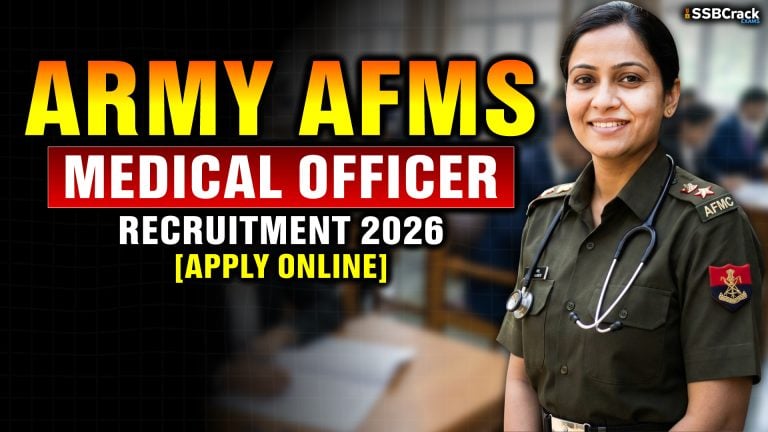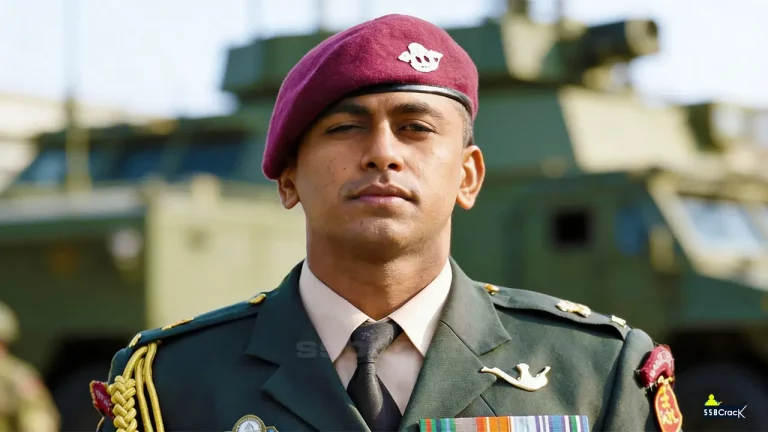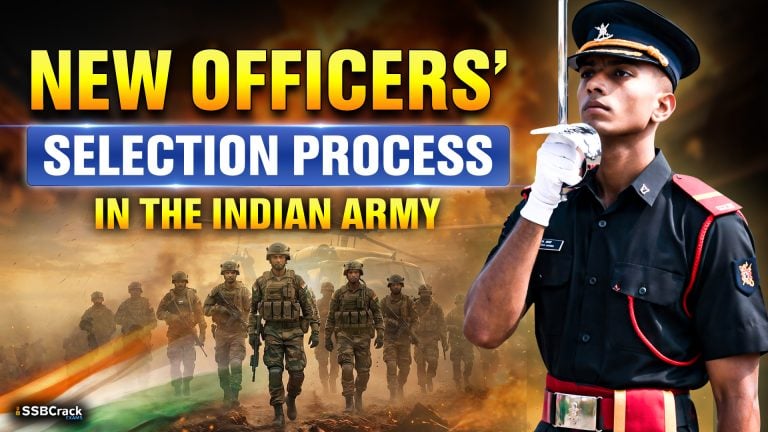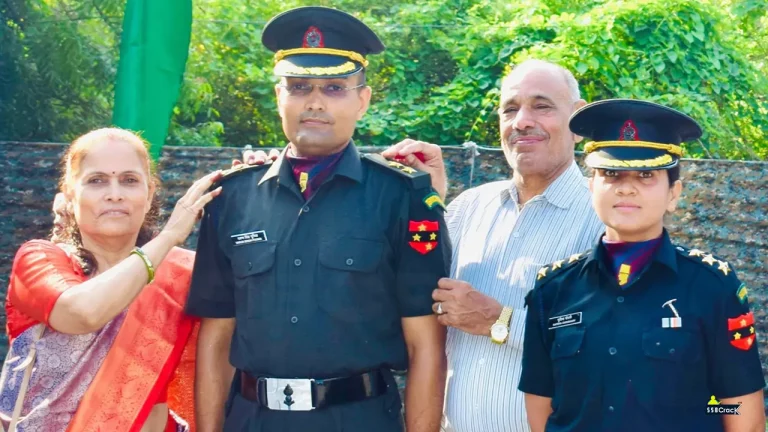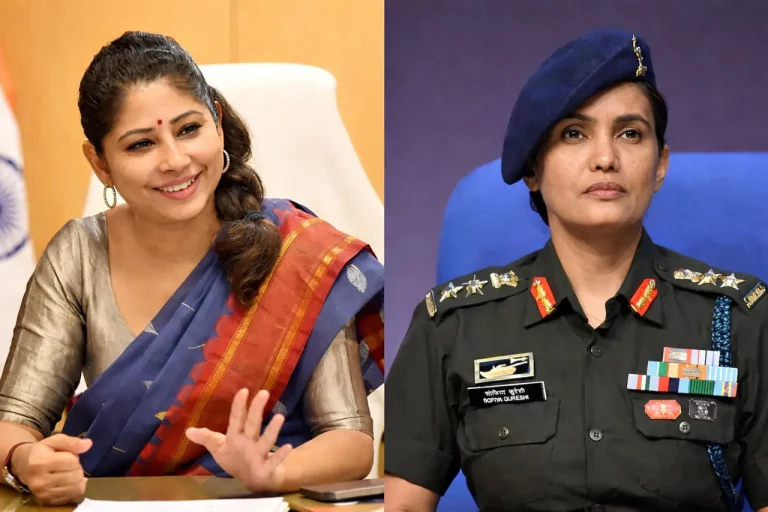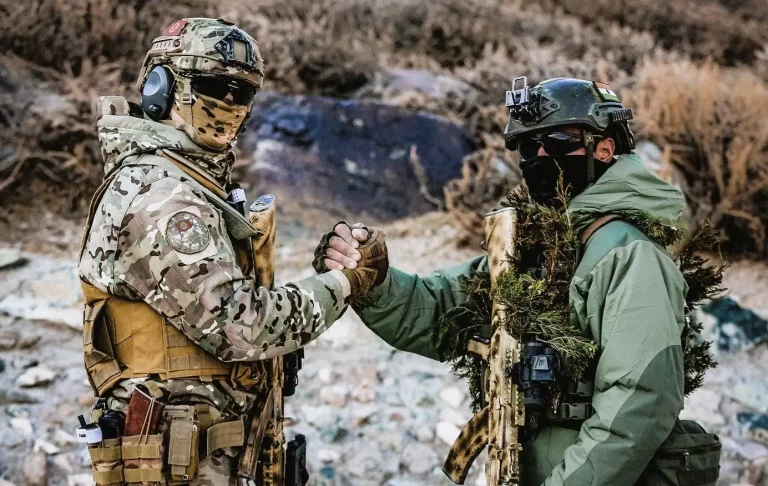In a country like India, prone to frequent natural disasters such as floods, earthquakes, and cyclones, as well as man-made crises, the significance of paramilitary forces in disaster response and management cannot be overstated. These forces, including the Border Security Force (BSF), Central Reserve Police Force (CRPF), and National Disaster Response Force (NDRF), possess specialized training and resources necessary to handle emergencies efficiently. Their swift and coordinated actions not only save lives but also provide critical infrastructure support and humanitarian aid, showcasing their indispensable role in mitigating the effects of disasters across the nation. Let’s delve into the significant contributions of paramilitary forces in various aspects of disaster situations.
Immediate Response
When disaster strikes, the first few hours are crucial, often determining the extent of damage and the number of lives saved. Paramilitary forces are among the first responders, equipped with the skills and resources to address the immediate aftermath effectively. Their immediate tasks include:
Search and Rescue Operations
The forces undergo rigorous training in advanced search and rescue techniques, enabling them to quickly locate and extricate people trapped in debris or stranded in remote and inaccessible areas.
Medical Assistance
Many paramilitary units boast specialized medical teams capable of providing crucial first aid and emergency medical care to the injured. Additionally, they can establish temporary medical camps to address the medical needs of disaster victims promptly.
Evacuation
Paramilitary forces play a pivotal role in evacuating people from danger zones to safer areas. Their training in crowd control and logistics ensures orderly and efficient evacuations, minimizing chaos and potential harm to civilians.
Infrastructure Support
Beyond the immediate response phase, paramilitary forces continue to contribute significantly to stabilizing the situation and restoring normalcy. Their contributions include:
Clearing Debris
Paramilitary units are instrumental in clearing roads and removing debris, facilitating the swift movement of other emergency services and relief supplies to affected areas.
Restoring Communication
They assist in setting up and maintaining communication networks, ensuring seamless coordination between various response agencies and affected populations.
Constructing Temporary Shelters
Paramilitary forces often lend their expertise in constructing temporary shelters for those displaced by disasters, providing a safe haven until more permanent arrangements can be made.
Coordination and Logistics
Effective disaster management hinges on seamless coordination between different agencies and efficient logistics. Paramilitary forces excel in this domain due to their organizational prowess and discipline, aiding in:
Coordination with Civil Authorities
Paramilitary forces work closely with local authorities, disaster management agencies, and non-governmental organizations (NGOs) to ensure a cohesive and synchronized response to disasters.
Logistical Support
They provide invaluable logistical support by transporting relief materials, food, water, and medical supplies to affected areas. Their expertise in logistics ensures that resources are distributed efficiently and reach those in need promptly.
Training and Preparedness
Paramilitary forces are not merely reactive but also proactive in disaster management. They engage in regular training and preparedness activities, including:
Mock Drills
Conducting mock drills to simulate disaster scenarios helps paramilitary personnel sharpen their skills, enhance their response time, and refine their coordination with other agencies.
Community Awareness Programs
Paramilitary forces organize awareness programs to educate the public about disaster preparedness and safety measures, empowering communities to become more resilient and better equipped to handle emergencies.
Collaboration with Other Agencies
Paramilitary forces often collaborate with national and international disaster response agencies to share knowledge, best practices, and resources, thereby enhancing their collective response capabilities.
Psychological Support
In the aftermath of a disaster, psychological support is vital for individuals traumatized by the event. Paramilitary forces provide:
Counseling Services
Trained personnel offer counseling and psychological support to disaster victims, helping them cope with trauma and initiate the recovery process.
Community Engagement
They engage with affected communities, offering reassurance, maintaining order, and fostering a sense of stability essential for emotional well-being amidst crises.
In conclusion, paramilitary forces play an indispensable role in disaster response and management in India. Their training, discipline, and ability to adapt to challenging situations make them a critical component of any emergency response plan. From immediate rescue operations to long-term recovery efforts, these forces provide invaluable support, helping save lives and restore normalcy in the aftermath of disasters. By continually investing in their training and preparedness, we can ensure that paramilitary forces remain a robust and reliable pillar of disaster management in India.
FAQs
1. What are paramilitary forces, and how do they differ from the military?
Paramilitary forces, such as the Border Security Force (BSF), Central Reserve Police Force (CRPF), and National Disaster Response Force (NDRF), are organized similarly to military forces but operate under a different mandate. While the military is primarily responsible for national defense, paramilitary forces are trained to handle a wide range of situations, including disaster response and management, with a combination of military precision and civilian sensitivity.
2. What is the role of paramilitary forces in disaster response?
Paramilitary forces play a crucial role in disaster response by providing immediate assistance, including search and rescue operations, medical aid, evacuation support, and infrastructure stabilization. Their swift and coordinated actions in the initial hours after a disaster can save lives and mitigate the impact of the event.
3. How do paramilitary forces contribute to infrastructure support during disasters?
Paramilitary forces assist in infrastructure support by clearing debris, restoring communication networks, and constructing temporary shelters for displaced individuals. These efforts are essential for ensuring the efficient movement of emergency services and relief supplies to affected areas and providing a safe environment for disaster victims.
4. What is the significance of coordination and logistics in disaster management, and how do paramilitary forces contribute to this aspect?
Effective coordination and logistics are vital for successful disaster management. Paramilitary forces excel in this area due to their organizational skills and discipline. They work closely with civil authorities, disaster management agencies, and other stakeholders to ensure a unified response. Additionally, they provide logistical support by transporting relief materials and medical supplies to affected areas, ensuring that resources are distributed efficiently and reach those in need promptly.
5. How do paramilitary forces prepare for disaster response?
Paramilitary forces engage in regular training and preparedness activities, including mock drills and community awareness programs. These initiatives help personnel stay prepared for emergencies, improve response times, and enhance coordination with other agencies. Collaboration with national and international disaster response agencies also allows paramilitary forces to share knowledge and best practices, further strengthening their response capabilities.
